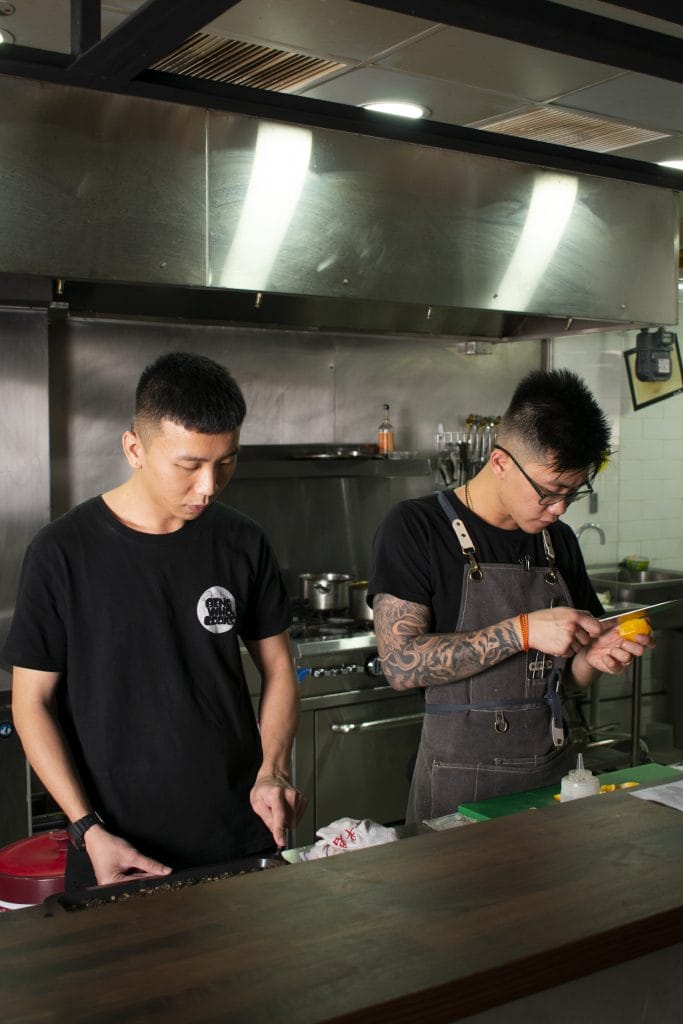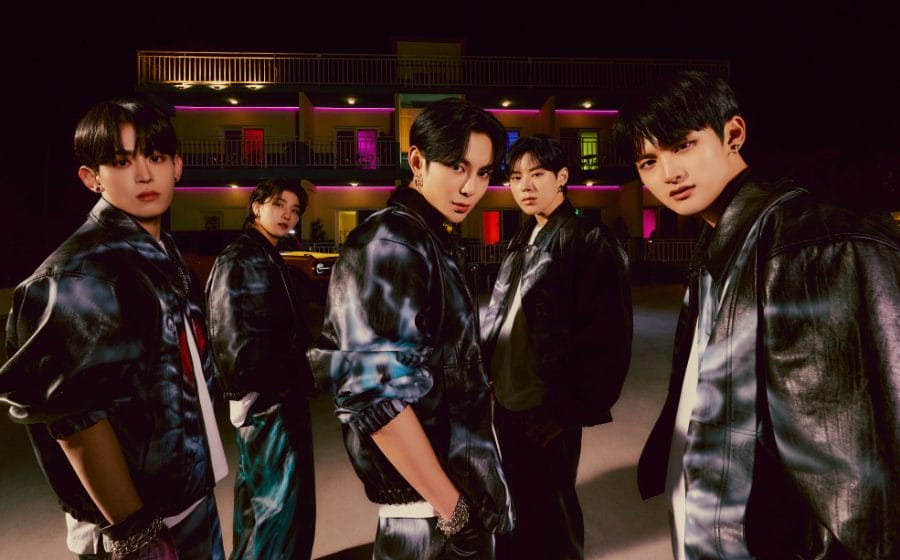
The future of local food rests on the shoulders of many an intrepid youth and especially on the two men from Beng Who Cooks.
—
View this post on Instagram
Hello Jason and Zhen Long, how have things been at Beng Who Cooks?
Jason: We are still adapting to being restaurateurs from hawkers. The swap is huge — a different customer base and mentality as we no longer just take care of ourselves but a team now.
Zhen Long: Things have been good, I guess! Even though things are very different from managing a hawker stall.
—
Thank you both for contributing to hawker culture. In your own words, how did the both of you play a part?
Jason: Honestly, I have no idea what I did. At the end of the day, I feel you should just be yourself. If the aunties and uncles treat you well like their own kid, then you better treat them like your parent. I always believed that hawker culture isn’t about food, it’s about the kampung spirit and unity.
Zhen Long: Don’t have to thank us but thank the people who accepted and supported us in the hawker scene instead. Groups like Hawker Group — started by the hawker hunk Walter Tay — are actually doing a good job contributing to the culture. On the other hand, we might have made an impact and inspired some people to take the first step to start a stall. We’re happy to see the hawker culture grow.
—
View this post on Instagram
What are some positive traits you see in the other person, be it at work or at play?
Jason: He’s the fun guy at work, the PR guy. People naturally like him more as he’s better with words and knows what to say.
Zhen Long: At work, Jason will always be the first to arrive and start working; probably the hardest worker I have ever met. At play he’s the same — he gives his best as he doesn’t like losing. It’s something we can learn to apply in some parts of our lives.
—
In the past 30 months, what do you think has been the biggest lesson for the both of you?
Jason: For me, the biggest lesson learnt is that family time is really important. Ever since I started Beng Who Cooks, I don’t really see or spend time with my parent. I used to hate eating at home, but nowadays, even my mom’s horrible cooking brings me warmth. It’s both heartbreaking and heartwarming. I’m always so busy and like I mentioned above, I’m not a PR guy. Many people have left me in life but the people who stayed are my wife and parent.
Zhen Long: The biggest lesson for me would be to have a work-life balance. As business owners, there are a lot of things running through our minds be it work, family, relationships. Both of us have been working with no off days and it came to to a point that it actually backfired. We lost our fun, creativity, social life, and family time. Things have changed and big thanks to Tim from In Bad Co. for coming in and teaching us the right way to work and operate. It’s ok to take a break and doing so doesn’t make you lazy.
—
View this post on Instagram
What do you think are some skills new-gen hawkers need to have? Would you say it is more of a mental capacity than a physical one?
Jason: Technique and skills can be taught and learned through time. The most important skills are actually mental. Never ever give up if you want it. People nowadays face a problem and quit so easily. New-gen hawkers must have the resilience in them but sadly, I don’t see many having it.
Zhen Long: In my perspective, new-gen hawkers need to have some interaction skills as it’s super important. We need to make everyone feel comfortable and feel like they are a part of it. Good food with bad service will not really bring you places but a good interaction with customers will make you feel connected.
—
Do you think the role of a hawker can ever be automated in the future? How important is the human touch to food?
Jason: Yes it will. The role of everything will be automated sooner or later. But sad to say, I hope it doesn’t happen because the human touch is essential to food. I once had a friend cooking beside me with the exact same ingredients and recipe but everything tasted different.
Zhen Long: Food wise, there might be a possibility, who knows? If you realise, hawker culture is not really about the food. It’s about the kampong spirit. Everyone is like family where we will try to help one another, talk to our customers and thank them for their regular support. These are genuine things from the heart that machines can’t replicate.
—
View this post on Instagram
Singaporeans’ palates are known to be finicky, how do you feel about it? Especially with how much you can do with a poké bowl…
Jason: [Laughs] Don’t even get me started about finicky eaters! At the end of the day, one must know that there is nothing called perfect food or perfect anything. Food is about memories that affect your palates. One will love your food to death, while another will think it’s the worst. You must first learn how to handle criticism and not take it personally.
Zhen Long: That’s the reason why we are trying to constantly change. We are humans too and understand that even we will feel jaded and bored of consuming, or even preparing the same food day in and day out. Humans and their palates evolve over time and if you think about it, I don’t think people will accept what we’re doing if we started out in the 1980s.
Lastly, what is next for the both of you?
Jason: The short term goal is to get the new Beng Who Cooks at 39 Neil Road to stabilise. The long term goal? Stay tuned.
Zhen Long: We’ll see where this boat sails to. We’re the type of rascals that think of something, then do it and go with the flow.
This story about Jason and Zhen Long of Beng Who Cooks first appeared in the April 2021 issue of Men’s Folio Singapore. The photography is by Erwin Canuela.







